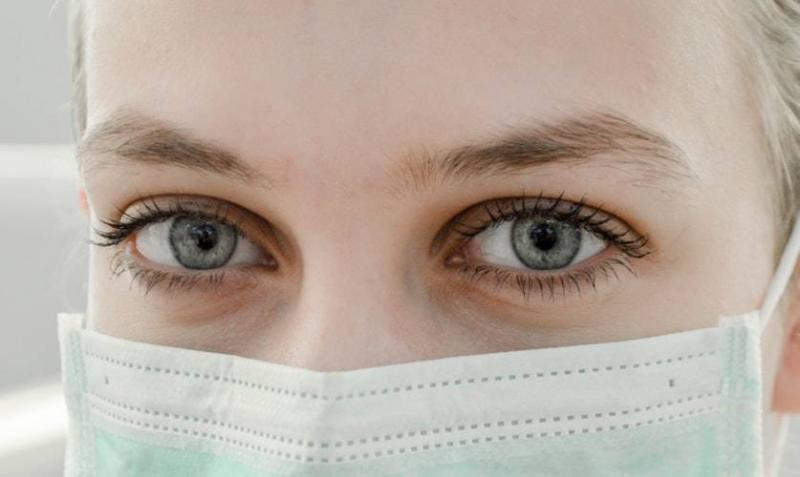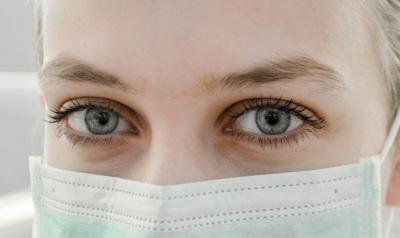In some parts of the world, the pandemic may seem to be coming to an end, as more and more people are vaccinated against the coronavirus, case numbers decline, and restrictions are lifted. However, before you get rid of your masks, consider these reasons from the "MSN" website for continuing to wear a mask:
**Vaccine Protection is Not Immediate**
According to the U.S. Centers for Disease Control and Prevention (CDC), it takes about two weeks after each vaccine dose for the body to produce antibodies that protect against infection. You are only considered fully vaccinated two weeks after the second dose. In the meantime, it's important to keep wearing a mask while your body builds immunity.
**No Vaccine is 100% Effective**
Although the vaccines developed to combat COVID-19 provide a significant degree of protection, they do not offer 100% efficacy. For example, the effectiveness of the vaccines developed by Moderna and Pfizer-BioNTech ranges between 86% and 95%. While these figures are impressive, they still leave room for breakthrough cases, especially among the elderly and vulnerable populations.
**Vaccines Do Not Fully Prevent Symptom Transmission**
Vaccines have proven highly effective in protecting against disease, and early data show they are also very good at preventing the transmission of infection. However, there remains a small possibility that vaccinated individuals could transmit the virus to unvaccinated individuals or those with compromised immune systems. If you are in close contact with a vulnerable person or indoors, remember to wear a mask to protect them.
**Not Everyone Can Be Vaccinated**
Some people cannot be vaccinated for health reasons, while others, particularly the elderly or immunocompromised, may only receive a low level of protection from the vaccine. They rely on others to protect them by wearing masks until the virus is under control.
**Most of the World Has Not Been Vaccinated Yet**
While some countries like the UK and Canada have seen high vaccination rates, other countries barely have access to vaccines. More than 24% of the world's population has received at least one dose of a COVID-19 vaccine, with most doses being administered in high-income countries. Less than 1% of people in low-income countries have received at least one dose.
Depending on where you live, the pandemic may be far from over, and masks may still be necessary. If you plan to travel to a country or area with low vaccination levels, you may need to continue wearing a mask.
**Variants Remain a Concern**
The pandemic is constantly evolving, with new variants emerging worldwide, some of which are considered variants of concern that may be more transmissible or more severe. According to the World Health Organization, fully vaccinated individuals should continue wearing masks and practicing other pandemic safety measures, as the highly contagious Delta variant spreads rapidly around the globe.




